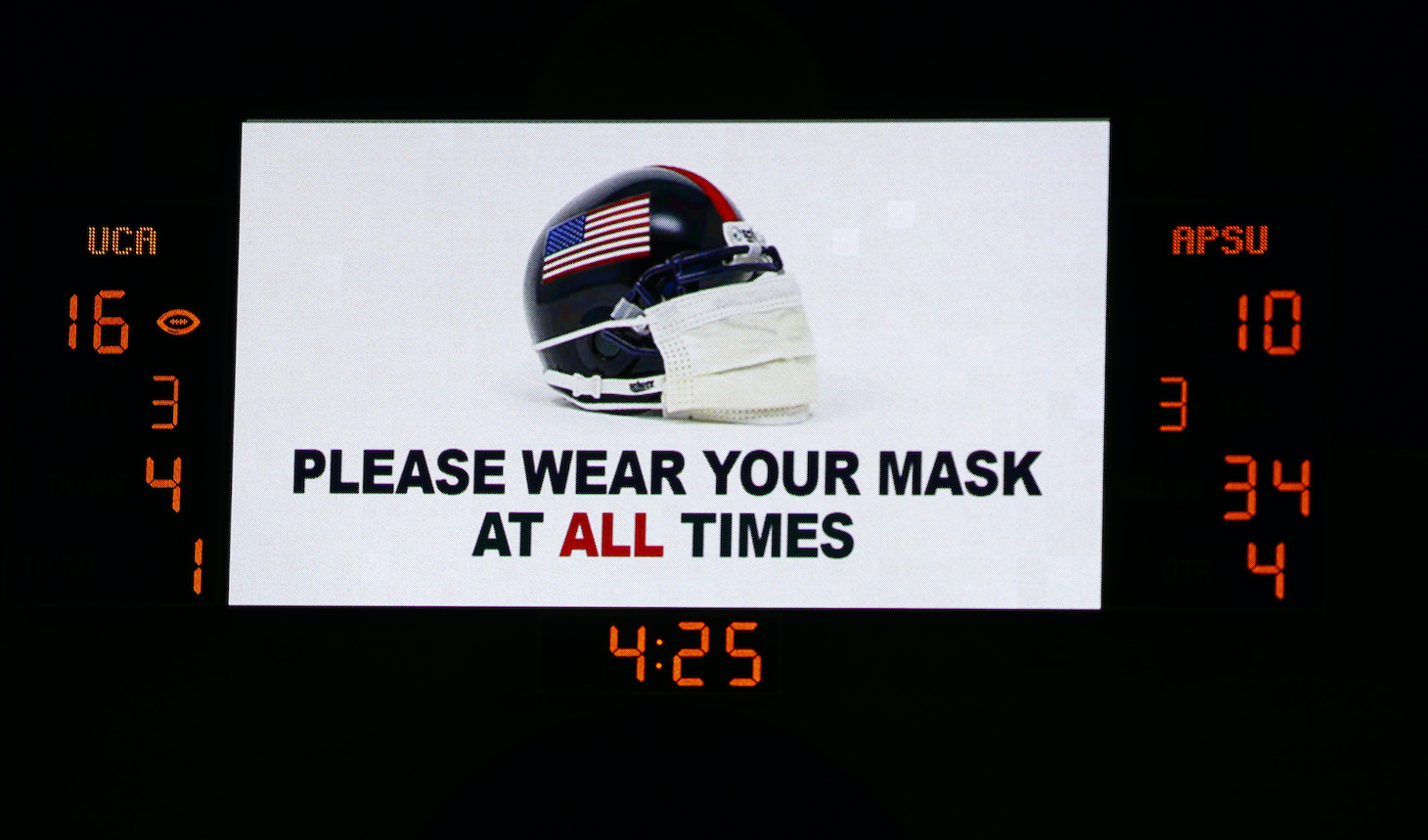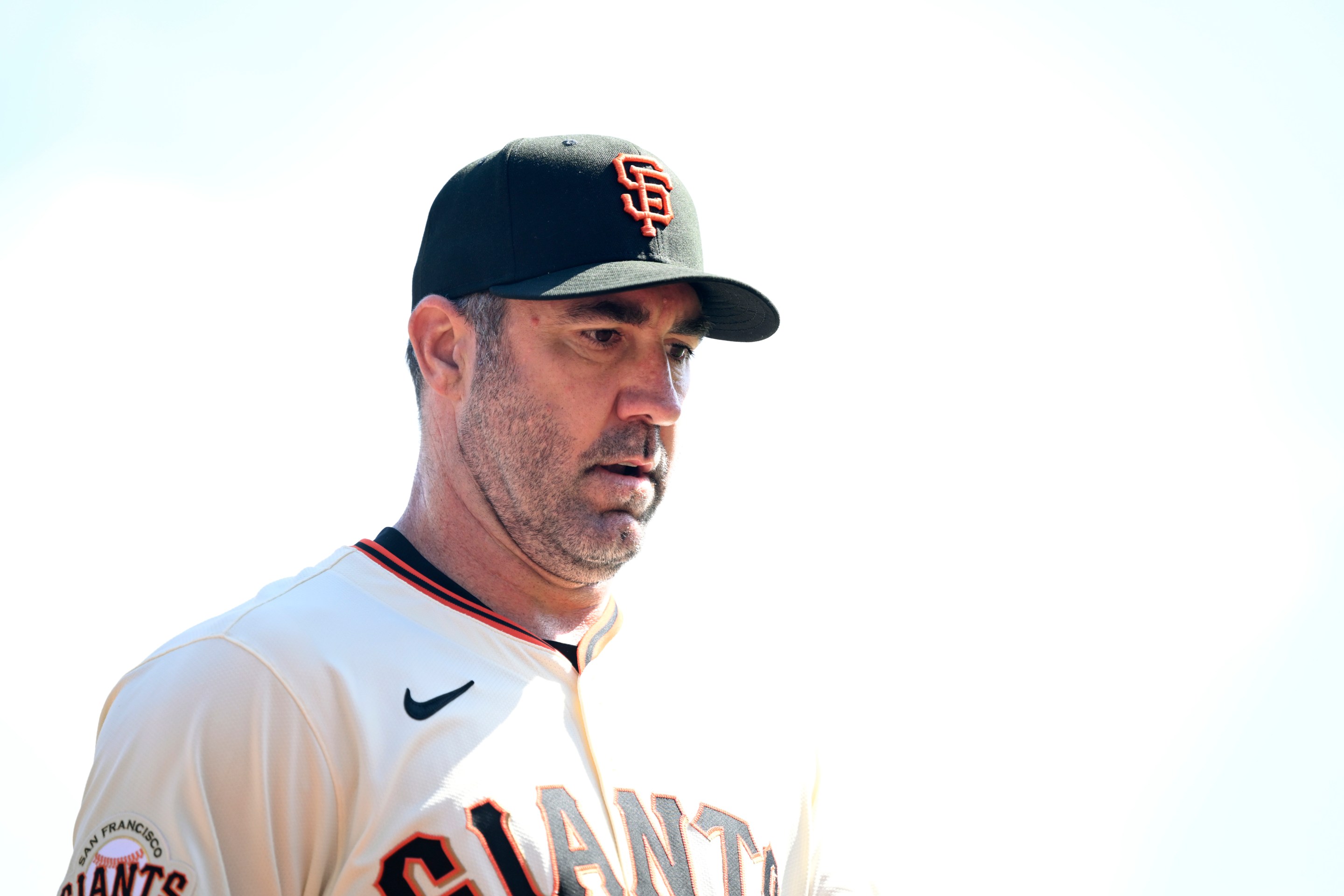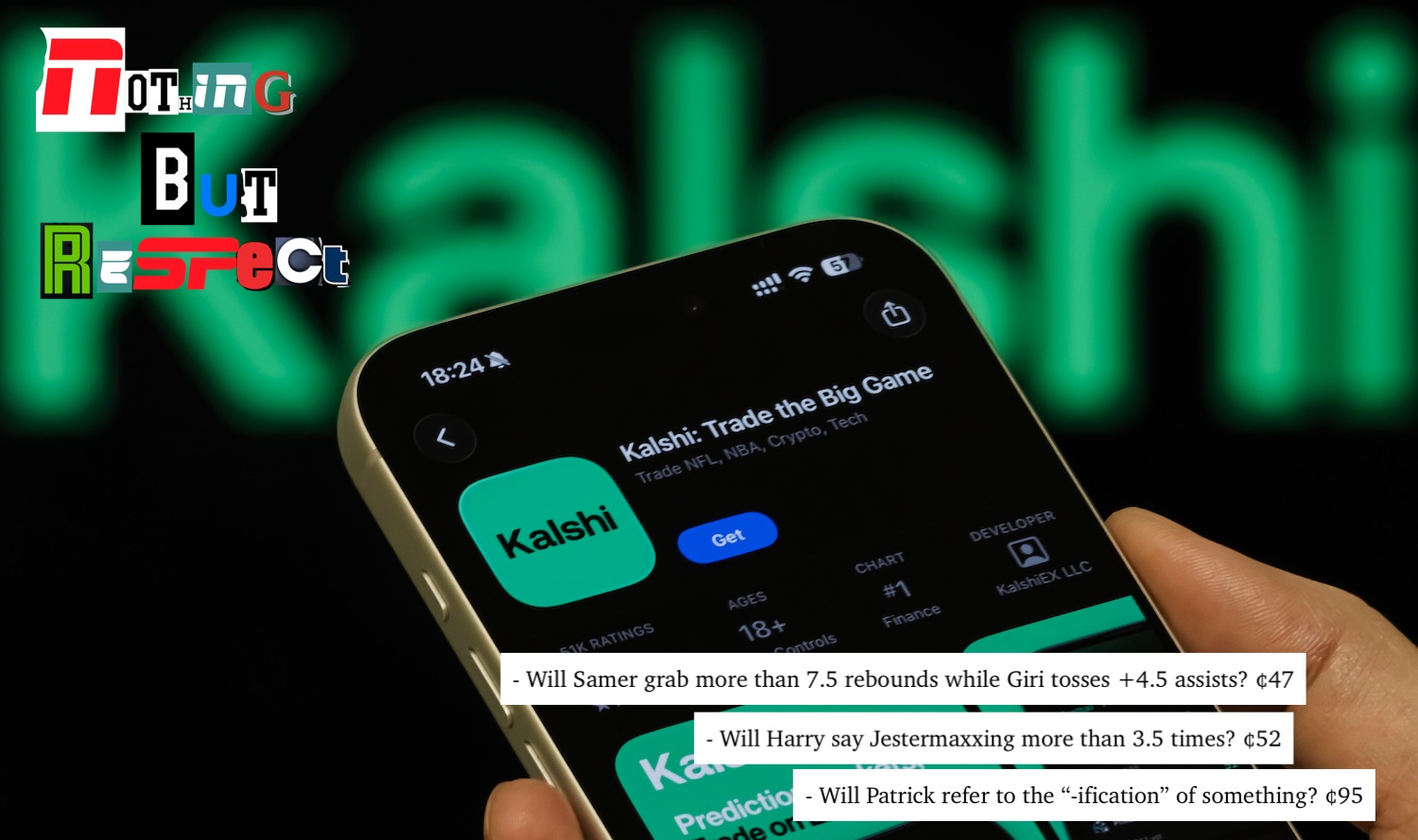Baylor was supposed to kick off their football season on Sept. 6 against Ole Miss, but that game was canceled months ago when the SEC elected to play only in-conference games this year. Then, their makeup season opener, scheduled for Sept. 12 against Louisiana Tech, was canceled four days before kickoff due to a spike in COVID-19 cases among Bulldogs players. A desperate search for a non-conference opponent led to a last-second agreement between Houston and Baylor to play this weekend, but that game also had to be postponed because Baylor's offensive line group was decimated by COVID-19 positives and contact-tracing suspensions.
Baylor is not exactly an outlier. Texas Tech's football team has had 75 COVID-19 cases since June. Mizzou will be down at least a dozen players for their opener against Alabama. Ed Orgeron revealed earlier this week that most of his players had already been infected with the virus. A total of 16 college football games have now been canceled or postponed this season, with seven of those coming this weekend. In 24 hours, that number will probably be higher.
Everyone knows that college football is only being played this year because university and conference administrators can't bring themselves to put more value on player health than TV contracts. But what if the distance between the plans and protocols these administrators have committed to and what's actually possible is wider than anticipated? In that scenario, a meaningful (and lucrative) college football season actually happening becomes entirely dependent on just how much brinkmanship they can stomach.
The people insisting that college football go ahead can hold out hope that positive tests and cancellations will slow down, but what reason is there to think that any of this will get better? Not only do health experts expect another wave of infections to surge through the country this fall, college towns represent some of the biggest infection clusters in the nation. Even if teams follow protocols perfectly on the field, there's no accounting for the fact that players will still be living and studying in hot spots.
Rapid testing enables a higher degree of precision that could limit games missed by players who are forced to sit out because of contact tracing rules, but even the Big 10's ambitious testing plan is inherently reactive and limited. Big-time programs can probably control infections and sequester players more aggressively, but that takes significant resources, which not every school has. Doing the right thing after a player gets infected will limit spread within teams, but if the first few weeks of the season are any indication of what's to come, surprise clusters and cancelations will keep happening as long as there's a season.
The vulture class of administrators who need to force this season to happen in order to save their own paychecks should start thinking very hard about what exactly they're willing to do in order to ensure that outcome. Are we looking at teams full of walk-ons playing six-game schedules? Or maybe they'll just be forced to abandon all pretense about playing the season responsibly, and all those protocols about positive tests and contract tracing will be forgotten about.






